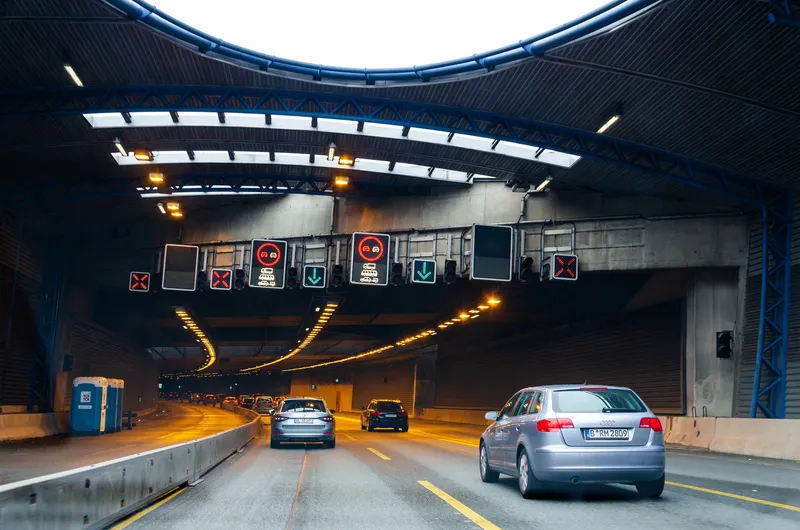
The German city of Hamburg has opted for Citilog’s AID vehicle detection software to equip 177 tunnel cameras with the market-leading incident management solution.
Citilog’s solution provides incident detection for accident, debris on road, pedestrian notification, traffic congestion, slow-moving vehicles and wrong-way driving.
The cameras are in the 580m-long Schnelsen Tunnel, part of the A7 through the northern port city. Siemens Hamburg, acting as the integrator, and the City of Hamburg’s traffic department, chose the Citilog solution after thorough side-by-side evaluations with competing video detection providers.
Citilog says its AID Incident Management software solution has demonstrated its operational reliability and scalability during the entire evaluation period.
Siemens Hamburg was willing to engage with Citilog because it could rely on the ongoing regular support by Citilog’s sales, project management and service interfaces. Citilog’s software also offers the option for future upgrades in regular intervals.
This project is one of the biggest Citilog incident management projects within its Middle Europe region and believes it will trigger other tunnel projects in Hamburg.










